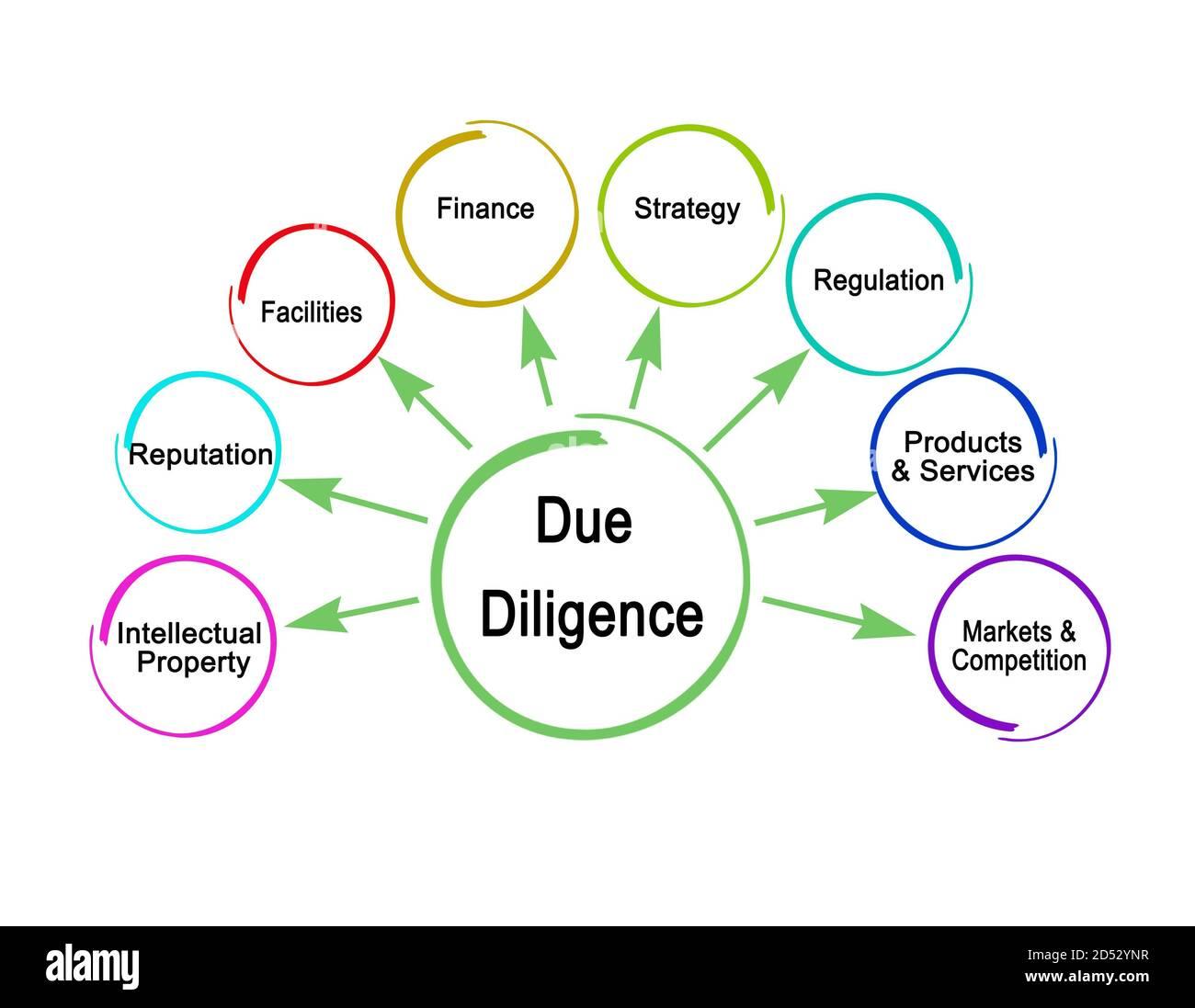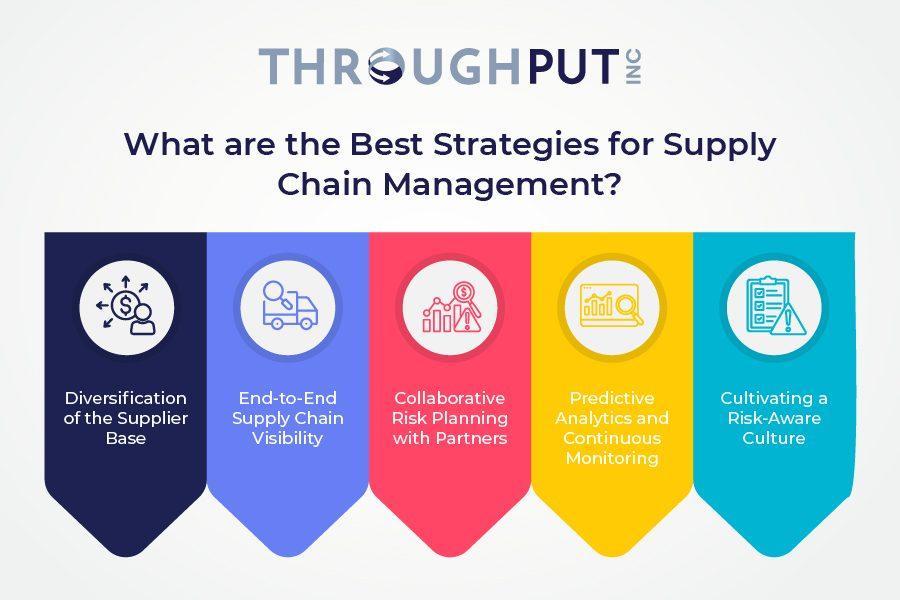Introduction
In recent years, the Xinjiang region of China has become a focal point of global attention due to concerns over human rights practices and its implications for international trade. The U.S. Department of State has initiated efforts to provide guidance and advisory services to businesses regarding their supply chains in this region. This article aims to explore the critical elements of the Xinjiang Supply Chain Business Advisory, highlighting the rationale behind its establishment, the specific recommendations provided to U.S. companies, and the potential impact on international supply chain dynamics. By examining the complexities and challenges faced by businesses operating in or sourcing from Xinjiang, we can gain a clearer understanding of the intersection between ethical considerations and economic imperatives in the evolving landscape of global commerce.
Xinjiang Supply Chain Dynamics and Regulatory Landscape
The dynamics of the supply chain in Xinjiang are heavily influenced by a combination of social, political, and economic factors. Companies engaging with Xinjiang must navigate a complex web of regulations aimed at addressing human rights concerns, particularly surrounding the treatment of ethnic minorities in the region. Key aspects to consider include:
Compliance with International Regulations: Businesses must adhere to various international standards and guidelines designed to prevent human rights abuses.
Supply Chain Transparency: Organizations are increasingly required to demonstrate traceability in their sourcing practices to mitigate risks associated with Xinjiang.
Risk Assessment: Conducting thorough assessments of suppliers is crucial to ensure that the supply chain remains compliant with both local and international laws.
In addition, the regulatory landscape is continuously evolving, with various governmental agencies closely monitoring activities in the region. The legislative framework is characterized by:
Regulation
Description
Potential Impact
U.S. Customs and Border Protection (CBP) Restrictions
Prohibits imports linked to forced labor in Xinjiang.
Increased scrutiny on imports could disrupt supply chains.
EU Supply Chain Due Diligence
Mandates due diligence reporting on human rights risks.
Requirement for extensive documentation may increase operational costs.
Anti-Money Laundering (AML) Policies
Strickle penalties for non-compliance concerning financial transactions.
Heightened legal and financial risks for businesses.
Enterprises must also remain vigilant about the reputational risks tied to their supply chains. The growing consumer focus on ethical sourcing is reshaping market expectations, emphasizing the importance of responsible corporate conduct. Engaging in proactive dialogue with stakeholders, including NGOs and local communities, can provide valuable insights into the challenges posed by supply chain operations in Xinjiang.

Impact of Human Rights Concerns on Global Trade Practices
Human rights considerations have increasingly influenced global trade practices, compelling companies and nations to reassess their sourcing strategies and supply chain management. The situation in Xinjiang, characterized by allegations of forced labor and human rights violations, has catalyzed dialogue around ethical sourcing and corporate responsibility. Businesses are now faced with the challenge of ensuring that their supply chains are free from human rights abuses, which may lead to expanded due diligence and transparency measures. As a consequence, companies may opt to invest in audit processes and additional compliance protocols to mitigate risks associated with reputational damage and regulatory repercussions.
Moreover, governments are recognizing the impact of human rights on international trade agreements, often linking market access to ethical standards. In response, several countries have introduced legislation aimed at protecting human rights within supply chains, compelling companies to adopt more rigorous monitoring practices. This shift encompasses:
Increased scrutiny of suppliers to ensure compliance with ethical standards.
Engagement with stakeholders to foster transparency and accountability.
Reinforced commitments to socially responsible investment practices.
Aspect
Impact
Supply Chain Auditing
Enhanced scrutiny of labor practices.
Regulatory Compliance
Guidance on legal ramifications for non-compliance.
Consumer Awareness
Growing demand for ethically sourced products.

Due Diligence Best Practices for Businesses Operating in Xinjiang
When operating in Xinjiang, businesses should adopt a structured approach to due diligence to mitigate risks and ensure compliance with international standards. Key practices include:
Risk Assessment: Conduct thorough assessments to identify specific human rights risks associated within the Xinjiang region.
Supplier Audits: Implement regular and unannounced audits of suppliers to evaluate compliance with ethical guidelines.
Stakeholder Engagement: Engage with local communities, NGOs, and industry groups to stay informed about the socio-political landscape.
Training Programs: Develop and implement training for employees and partners on human rights issues pertinent to the area.
Moreover, establishing robust reporting mechanisms is critical for transparency. Businesses should consider:
Establishing Whistleblower Policies: Develop policies that encourage reporting of unethical practices without fear of retaliation.
Documenting Supply Chains: Create detailed mapping of supply chains to ensure accountability at every level.
Regular Monitoring: Set up ongoing monitoring systems to track changes in compliance and risk factors over time.

Strategic Recommendations for Navigating Supply Chain Risks
As businesses seek to mitigate the impact of supply chain risks, adopting a proactive approach is essential. Organizations should prioritize the following strategies:
Comprehensive Risk Assessment: Conduct regular evaluations of the entire supply chain to identify vulnerabilities and areas for enhancement.
Diverse Sourcing: Establish relationships with multiple suppliers across different regions to minimize dependence on a single source.
Supply Chain Visibility: Leverage technology for real-time monitoring and reporting to enhance transparency and facilitate timely decision-making.
Contingency Planning: Develop robust plans that outline alternative sourcing or distribution strategies in response to unexpected disruptions.
Implementing these recommendations will require collaboration and communication across all levels of the organization. In addition, maintaining strong relationships with local stakeholders can facilitate smoother operations and better insights into regional dynamics. Consider creating a dedicated Supply Chain Risk Management Task Force to oversee and guide the strategic implementation of these initiatives. Through continuous assessment and adaptation to evolving risks, companies can reinforce their supply chains against disruptions.

Engagement with Stakeholders: Fostering Ethical Supply Chains
Building strong relationships with stakeholders is essential for implementing ethical supply chains, especially in regions like Xinjiang where complexities abound. Engaging with local communities, non-governmental organizations, and industry partners allows businesses to understand the socio-economic environment and the implications of their operations. By actively involving stakeholders, companies can ensure that they not only comply with regulations but also contribute positively to the communities in which they operate. Key strategies for effective engagement include:
Regular Consultation: Establishing ongoing dialogues with stakeholders to solicit feedback and address concerns.
Transparency: Communicating openly about supply chain practices and potential challenges.
Shared Goals: Collaborating on initiatives that promote social welfare and sustainable development.
In fostering an ethical supply chain, it is also crucial to monitor and evaluate the impacts of business operations. This involves setting metrics to assess compliance with ethical standards and ensuring the avoidance of forced labor and human rights abuses. Organizations can leverage technology to enhance supply chain visibility and track compliance effectively. A simple framework for evaluating these efforts might look like this:
Evaluation Criteria
Measurement Method
Status
Supplier Audits
Regular Scheduled Visits
In Progress
Community Feedback
Surveys and Forums
Pending
Employee Training
Reported Participation Rates
Completed

Future Outlook for Xinjiang and Implications for International Business
The evolving situation in Xinjiang presents both challenges and opportunities for international businesses. As geopolitical tensions increase, companies operating within or sourcing from this region must navigate a complex landscape characterized by regulatory scrutiny and ethical considerations. Key factors influencing this outlook include:
Regulatory Compliance: Businesses will need to closely monitor and adapt to changes in export controls and sanctions related to Xinjiang.
Reputation Management: Companies must proactively address potential human rights concerns to maintain brand integrity and consumer trust.
Supply Chain Resilience: Diversifying supply routes and establishing local partnerships may mitigate risks associated with over-reliance on Xinjiang.
Furthermore, international engagement in Xinjiang could lead to significant shifts in market dynamics. Organizations must assess not only the operational impacts but also the potential benefits of innovation and new partnerships. Important considerations include:
Consideration
Implication
Tech Advancements
Access to cutting-edge technologies can facilitate efficiency.
Consumer Preferences
Cultural sensitivities may shift demand patterns.
Regulatory Frameworks
Increased scrutiny may lead to more stringent compliance requirements.
To Wrap It Up
the U.S. Department of State’s advisory on the Xinjiang supply chain serves as a crucial resource for businesses navigating the complexities of operating in or sourcing from this region. As the global landscape continues to evolve with heightened scrutiny on human rights and ethical sourcing, companies are encouraged to review the outlined risks and implement robust compliance measures. By doing so, organizations can not only mitigate potential legal and reputational risks but also contribute to responsible business practices. Staying informed and proactive will be key for firms seeking to ensure their supply chains remain both sustainable and aligned with international human rights standards. As the situation continues to develop, we recommend that businesses monitor updates from official sources and integrate these insights into their strategic planning to foster ethical engagement in the Xinjiang region.
The post Xinjiang Supply Chain Business Advisory – Department of State first appeared on USA NEWS.
—-
Author : Jean-Pierre CHALLOT
Publish date : 2025-02-10 09:14:48
Copyright for syndicated content belongs to the linked Source.